1. Starbucks

Starbucks has been boycotted from both ends of the political spectrum, according to Noam Scheiber from The New York Times. In 2018, two Black men were arrested at a Philadelphia location simply for waiting for a friend, triggering outrage and accusations of racial profiling. The company responded with a national racial bias training session that shut down thousands of stores for a day. Some saw it as performative, others praised it as a step forward.
Later, conservative groups pushed for a boycott after Starbucks removed Christmas imagery from their cups, calling it a “war on Christmas.” Yet through it all, Starbucks kept steaming ahead. The company focused on global expansion and digital ordering to keep profits high. Controversies have dented its image but not its dominance.
2. Nike
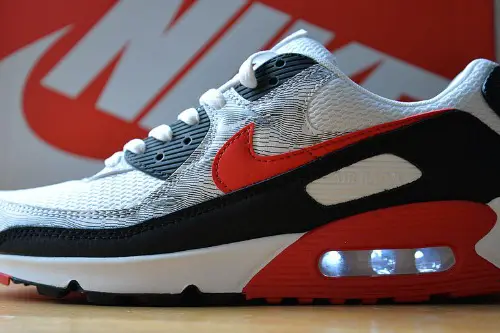
Nike stirred up a firestorm in 2018 when it launched a campaign featuring Colin Kaepernick, the former NFL quarterback who famously kneeled during the national anthem, according to Martha Kelner from The Guardian. Critics accused Nike of being anti-American and called for boycotts, even going so far as to burn their shoes. But Nike wasn’t flinching—they saw this as a bold stand aligned with their brand values. And the gamble paid off big.
The campaign generated massive buzz and even boosted sales in the short term. It helped Nike connect with a younger, more socially conscious demographic. Stock prices surged, proving that aligning with activism can work if you know your audience. Today, Nike continues to lead the athletic wear market with no signs of slowing down.
3. Hobby Lobby
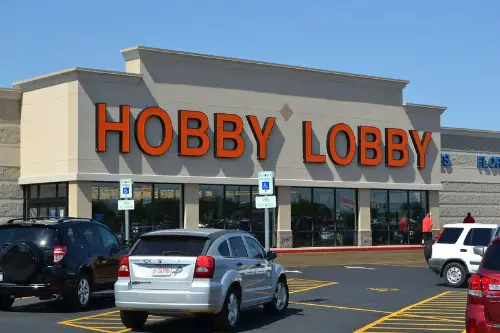
Hobby Lobby got caught in the cultural crosshairs over its refusal to provide certain contraceptives through employee health insurance, citing religious beliefs. The dispute escalated all the way to the Supreme Court in Burwell v. Hobby Lobby Stores, Inc. in 2014. The decision sided with the company, but public opinion was split, and boycotts followed. Critics labeled the company as out-of-touch, according to Bethany Biron and Heather Schlitz from Business Insider.
Yet Hobby Lobby’s customer base stayed loyal, especially among religious conservatives. The company kept growing, opening new stores and expanding into more states. Its crafting niche, coupled with solid real estate strategy, helped weather the storm. Controversy didn’t hurt business—in some ways, it reinforced its brand identity.
4. Facebook (Meta)

Facebook has been sued, grilled by Congress, and blamed for everything from election interference to harming teen mental health, according to Kat Tenbarge from NBC News. The 2018 Cambridge Analytica scandal was a major low point, with CEO Mark Zuckerberg forced to testify before lawmakers. Calls for users to #DeleteFacebook trended, and the brand’s trust score took a nosedive. But Facebook didn’t just hang on—it evolved.
The company rebranded as Meta in 2021, signaling a shift toward building the “metaverse.” While that move raised eyebrows, it also helped distance the brand from past baggage. Despite declining teen engagement and a few failed products, Meta’s family of apps—including Instagram and WhatsApp—remain global giants. Financially, they’re still raking in billions.
5. Chick-fil-A
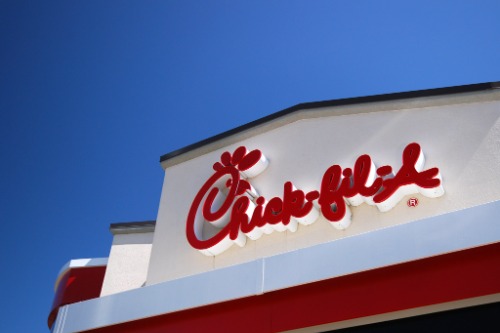
Chick-fil-A has long been a lightning rod in the culture wars. Back in the early 2010s, the brand faced major backlash after its CEO, Dan Cathy, publicly opposed same-sex marriage. That sparked protests, calls for boycotts, and even efforts by cities like Boston and Chicago to block new locations. Despite all that, the chicken chain didn’t just survive—it expanded rapidly.
The brand leaned into its strong customer service, loyal fanbase, and a menu that people just couldn’t quit. It also attempted to soften its public image by cutting donations to some controversial organizations. While the controversy didn’t vanish, its business never really took a hit. In fact, it’s now the third-largest fast-food chain in the U.S.
6. Uber

Uber was the ultimate disruptor—but it almost disrupted itself. The company was hit with a wave of bad press from 2017 to 2019, including workplace harassment claims, a toxic internal culture, and the infamous #DeleteUber campaign. That movement started when the company appeared to break a New York taxi strike during a protest against the Trump administration’s travel ban. Add to that legal battles over driver classification, and things looked grim.
Still, Uber managed to steer out of the skid. It changed leadership, brought in CEO Dara Khosrowshahi, and worked to clean up its image. The company diversified into food delivery and freight, helping stabilize its revenue. Uber isn’t perfect, but it’s undeniably still a major player in the gig economy.
7. Goya Foods
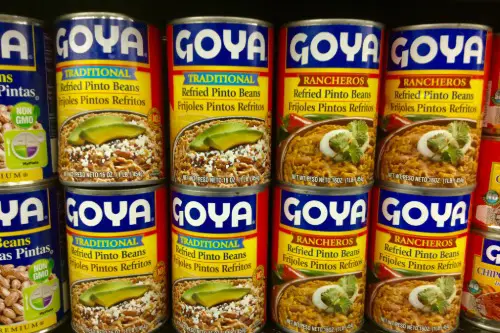
In 2020, Goya’s CEO publicly praised the President during a White House appearance, and all hell broke loose. Progressives called for a boycott of the brand, accusing it of endorsing divisive politics. That led to a sharp response from conservatives, who launched a “buy-cott” to support the company instead. Suddenly, Goya beans were flying off the shelves.
Despite the uproar, Goya never issued an apology or walked back its position. In fact, it doubled down on its messaging and embraced the attention. For better or worse, the brand leaned into its identity and turned controversy into a sales boost. It’s still one of the top Latin food brands in the country.
8. SeaWorld
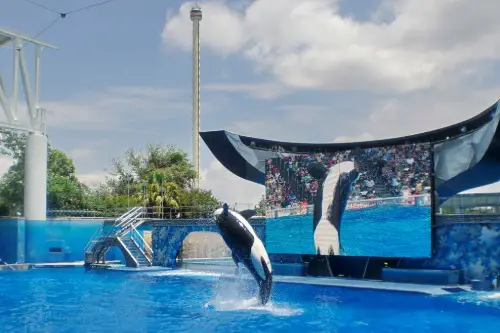
SeaWorld was once a family-friendly staple until the 2013 documentary Blackfish exposed its treatment of orcas. Public backlash was swift and brutal—attendance dropped, partnerships evaporated, and the stock price plummeted. Activists demanded the end of captive marine mammal shows, and people started looking at their theme parks differently. SeaWorld was, for a time, the poster child for corporate animal cruelty.
The company eventually responded by ending orca breeding and phasing out theatrical shows. It shifted toward rides and more conservation-focused messaging to rebuild trust. Recovery was slow but steady, and SeaWorld managed to stay afloat—literally and financially. Today, it’s back in the black, though its reputation still has a long way to go.
9. American Apparel
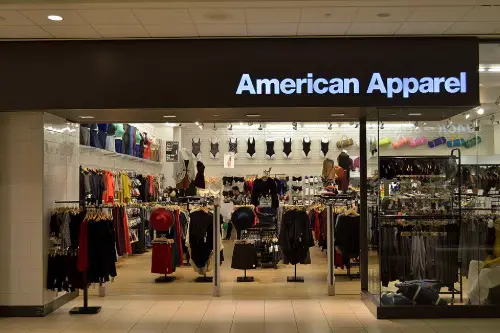
American Apparel’s collapse was as much about internal chaos as external controversy. Founder Dov Charney was ousted amid allegations of misconduct and mismanagement in 2014. The brand also caught flak for overly sexual ad campaigns and questionable labor practices, despite its “Made in the USA” ethos. Bankruptcy seemed like the end of the line.
But the name still had value, and it was acquired by Gildan Activewear in 2017. The new version of American Apparel ditched the risqué ads and went online-only. While it’s a shadow of its former self, it found a niche audience that values ethical production. The brand lives on—even if its wild past still lingers.
10. Pepsi
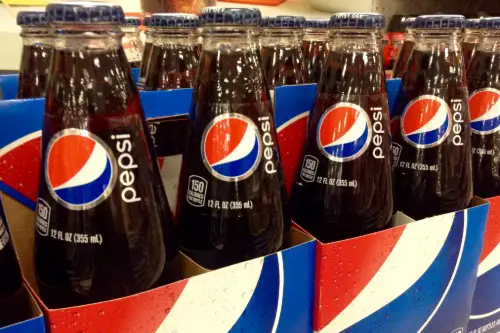
Pepsi found itself in hot water in 2017 thanks to that ad starring Kendall Jenner. The commercial, which depicted Jenner using a Pepsi to seemingly solve a protest, was slammed for trivializing serious social justice issues. It was pulled almost immediately, but the internet wasn’t quick to forgive. Memes and backlash piled up, and Pepsi had to do some serious brand damage control.
Despite the misstep, Pepsi bounced back by learning to read the room better. It went quieter on social messaging and focused on product innovation and nostalgia. Limited-edition flavors and retro branding helped reignite consumer interest. One tone-deaf ad didn’t tank the brand—it just taught it a valuable lesson.
11. Bud Light
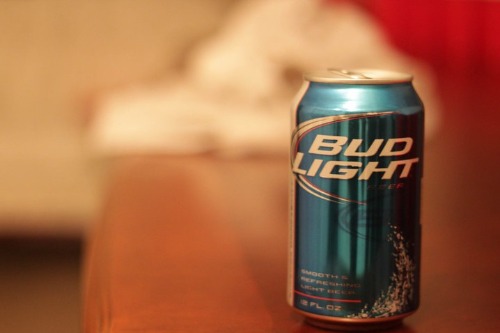
In 2023, Bud Light partnered with trans influencer Dylan Mulvaney for a limited promotion—and all hell broke loose. The backlash was swift and intense, with conservative commentators calling for a boycott and some public figures even shooting cans on camera. Sales took a real hit, and parent company AB InBev struggled to find a middle ground. For a moment, it looked like Bud Light was in free fall.
But even after losing its spot as the top-selling beer in the U.S., Bud Light is far from dead. The brand has been quietly rebuilding with traditional marketing and new partnerships. It’s also banking on sports and event sponsorships to regain footing. The road’s been rocky, but the brand’s size and recognition give it a long leash.
12. Equinox
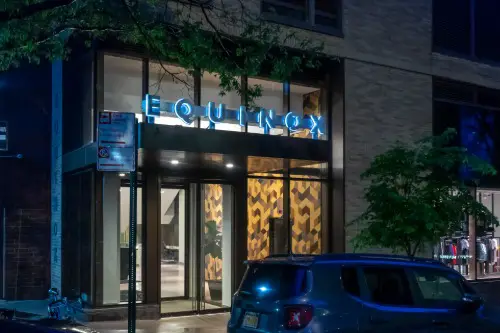
Luxury gym brand Equinox drew outrage in 2019 when it was revealed that its owner, Stephen Ross, was hosting a fundraiser for Donald Trump. The reaction was swift, with celebrities and influencers calling for boycotts. Critics said the company’s high-end, progressive image clashed with the politics of its leadership. Equinox tried to distance itself from the event, but the damage was done—at least temporarily.
Still, the gyms stayed packed in coastal cities and among fitness lovers who loved the luxe experience. The brand leaned into exclusivity and top-tier amenities to keep its image strong. Post-pandemic, it rebranded itself as a wellness destination, not just a gym. Controversy bruised its brand, but didn’t break it.


